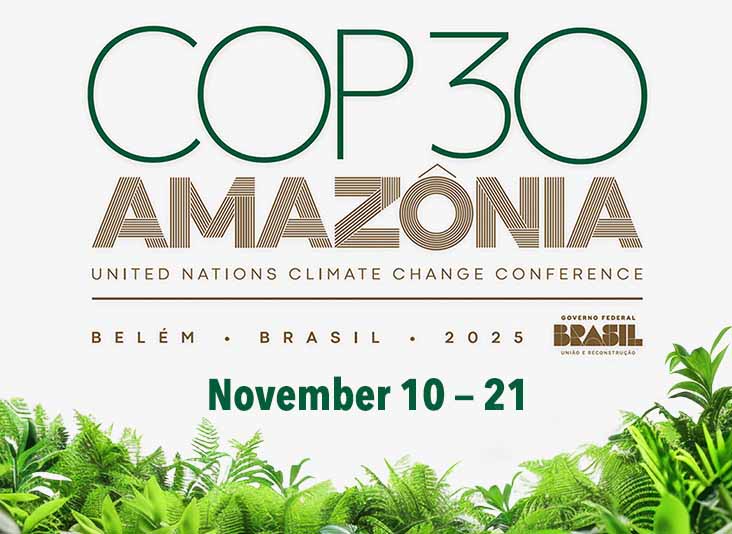Efficient Plastic Recycling Programs Save Money
Plastics recycling is a must for companies—done correctly, efficient recycling and sustainability programs can reduce overhead and expenditure, saving companies money.
Legislators, environmental agencies, and even consumers are demanding more exacting plastic sustainability initiatives. This is challenging companies and other organizations to establish recycling and plastics sustainability programs that exceed scope 1 and 2 standards (which deal with emissions reduction).
The list of sustainability and recycling activists and sponsors continues to grow. For instance, as of January 2022, California requires companies to include a fixed percentage of recycled material in their products. In June, the federal Department of the Interior announced a single-use plastics ban in public parks. In March 2022, the Securities and Exchange Commission (SEC) joined this long list of regulators, and is working to uphold increased climate and sustainability regulations.
Consumers Demand Plastics Sustainability
Legislators and administrators aren’t alone in demanding plastics sustainability—in 2021, 32% of consumers indicated that they prefer to do business with companies actively reducing their environmental impact. That number continues to rise. Additionally, a study indicates two-thirds of consumers would pay more for products that are environmentally friendly. In an increasingly eco-conscious world, sustainability is smart business.
Historically, companies did not prioritize plastics recycling. The process requires more logistics and planning than simply putting all waste in the same bin for the same pickup. Contaminated plastic waste, however, can build up in your facility and become a major problem—it takes up space, becoming a health hazard, and can potentially leak. Companies may also face challenges when implementing these plastics recycling programs, including a lack of resources, internal pushback, and even cost.
Plastics Sustainability Program Scenarios
With the current push to prioritize sustainability, now is a great time to face these existing challenges with new programs and energy. Plus, making the most efficient recycling programs possible can help save money and potentially increase revenue.
If organizations execute plastics programs incorrectly, however, they will likely lose time, money, and effort—while failing to meet sustainability goals. Each organization must create the program most suited to their operations, particular regulatory requirements, internal goals and resources, and more. What is critical is that no matter the challenges, the management team ensures the program is effective.
If you’re considering a sustainability program, it will help to examine two hypothetical approaches. The first is doomed to fall short; the second has a strong chance at success.
COMPANY 1: Inefficient Program
- To stay compliant with emerging sustainability regulations, Company 1 decides to create a plastics recycling program. Upper management is very busy—executives lay out plans, objectives, and goals for this program far too quickly. They do so without forethought into everything that such a program's creation will entail and do not consider the full scope of the program.
- Company leadership brings on a new program manager who is experienced in sustainability initiatives, but not well-versed in the functioning and operations of this new company. Time is lost as the manager attempts to become familiar with the company and the program's goals. The manager, pressured by upper management, makes rapid and rash decisions to get the program up and running quickly.
- After a few months, Company 1 fails to meet its targets. Regulations are not met, resulting in fines from various legislative agencies. The manager spends thousands—if not tens of thousands—of dollars attempting to rescue this failing venture, and pays the price when these goals fall flat.
- Prospective customers notice that the company is failing to meet its sustainability objectives. They choose not to patronize Company 1, and instead spend their money at a business that is actively achieving success with its sustainability and recycling goals. Company 1 had to implement a sustainability program, but that program lost time and money at every step. The company also didn't gain market share or cut expenditures.
COMPANY 2: Efficient Program
- Company 2 needs to remain in compliance with sustainability regulations as well, so it decides to implement a similar program as Company 1. Upper management dedicates daily time to research successful program requirements. Executives doesn't rush the process, and they promote a long-standing internal team member to run the program. Using extensive knowledge of the company and drawing from sustainability experience, the program manager works closely with upper management. Together, they create a reasonable and practical plan for program implementation based on their company's specific needs and goals.
- During planning, the management committee and program manager decide to work with an experienced recycling and sustainability partner, as they need a vendor that can help them roll out the program more efficiently. The vendor works with the program manager to evaluate their company's sustainability score and create specific steps for the company, as well as a relevant plan for each step.
- Company 2 has spent money on the program, but by partnering with a third-party expert, it minimized overhead. Money went toward specific items that furthered the realization of the company's goals and allowed the program team to achieve major benchmarks. Company 2 avoids fees because the recycling program is compliant and receives accolades for a job well done.
- Prospective clients notice the success of Company 2. Because the organization aligns with many of their sustainability values, many prospects go out of their way to patronize this company. Repeatedly, consumers turn to this business instead of less sustainability-committed competitors.
- By implementing an efficient program, Company 2 has reduced expenditure and obtained new business. The company gained market share and developed a dedicated and loyal customer base. The management team members easily exceeded compliance benchmarks for existing regulations and corporate goals.
Your organization likely resembles, in varying degrees, both of the hypothetical companies. To give you the best chance of plastic sustainability success, like Company 2, Triumvirate Environmental offers a variety of sustainability services—including plastic waste recycling.
Ready to easily dispose of plastic products, improve your bottom line, and maintain your competitive edge? Click below to learn more about our Waste Recycling and Sustainability Capabilities.







